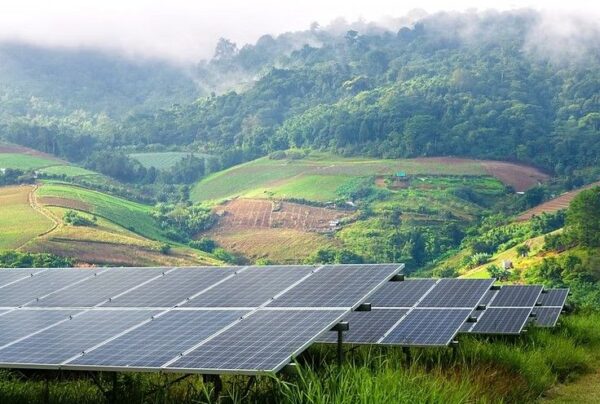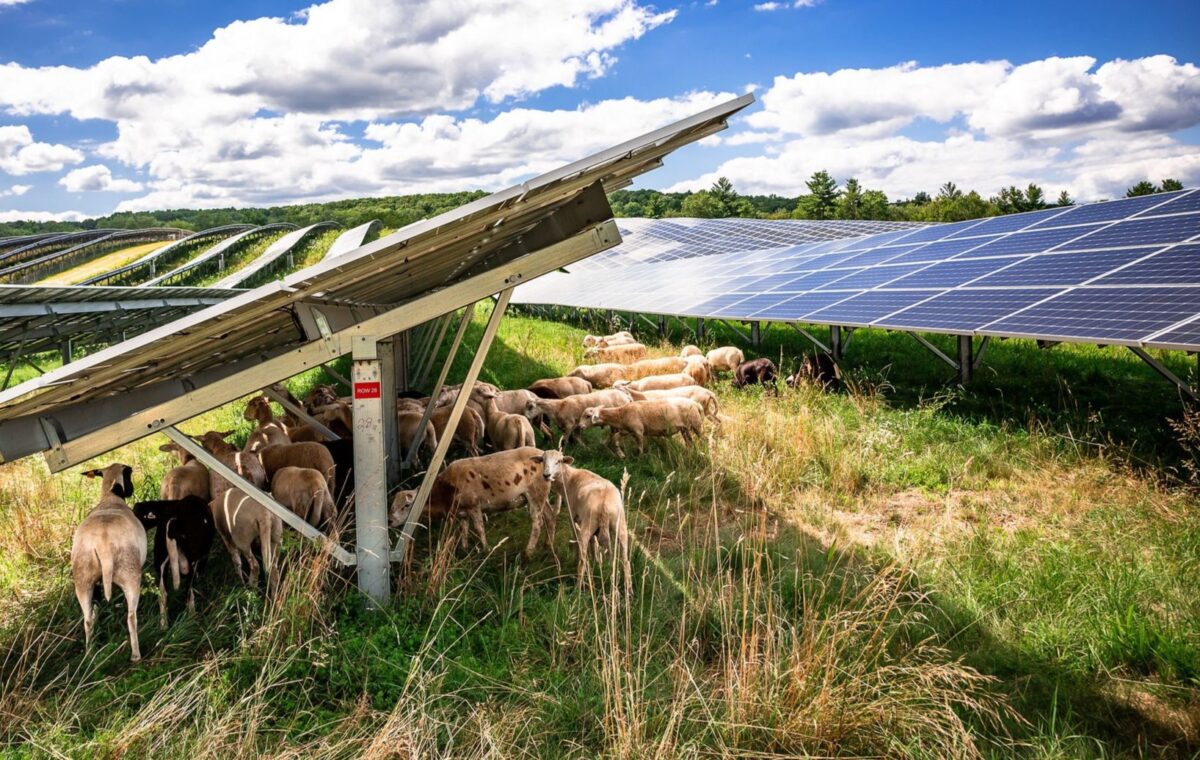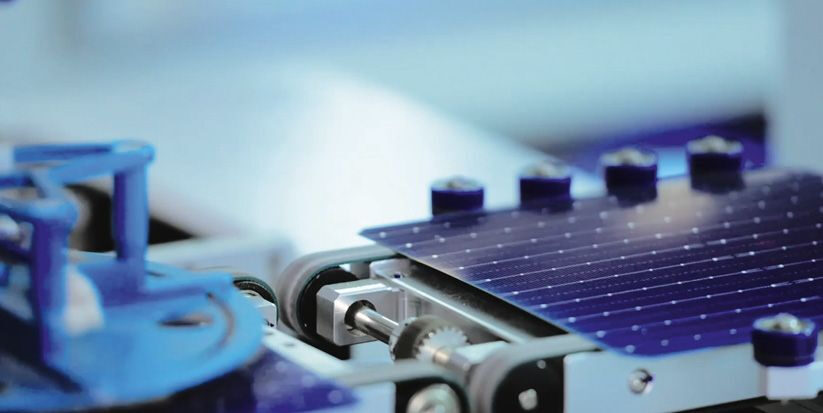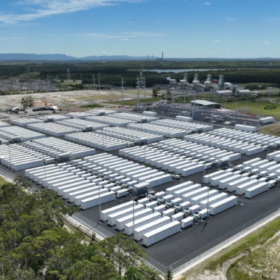If federally funded in 2026, the prospective New South Wales (NSW)-based advisory body Agrisolar Cooperative Research Centre (CRC) has committed to a 10-year partnership with Victorian rural climate and sustainability consultancy SEAOAK Consulting.
The partnership aims to support farmers and agribusinesses in harnessing economic and environmental benefits of agrisolar technology while safeguarding the future of productive agricultural land.
Western Sydney Agrisolar CRC Bid Director Dr Liz Smith said the organisation hopes to achieve funding toward a plus-$80 million (USD 48 million) CRC that will make lasting impact on agribusiness and enable a new sector for agrisolar to emerge in Australia.
Under this partnership, SEAOAK will work closely with farmers, communities, and stakeholders by conducting economic analyses to help landholders understand the financial viability of agrisolar projects.

Image: SEAOAK Consulting
SEAOAK Consulting Chief Executive Officer Ebony Greaves said the company is taking a leading role in working with government and industry to drive climate solutions at scale nationwide, while protecting productive agricultural land and farmer livelihoods.
“We are excited to partner with the Agrisolar CRC, if funded, in advancing renewable energy adoption across Australian farms,” Greaves said.
“By breaking down barriers and providing clear financial insights, we aim to empower farmers to make informed decisions that benefit both their businesses and the environment.
The partnership will also equip landowners with tools to evaluate options in line with long-term goals such as shared ownership models, job creation, and reinvestment in local infrastructure and services.
SEAOAK Consulting Chief Sustainability Officer Carli Davis said agrisolar is already proving successful in countries such as France and Japan, where solar farms are coexisting with vineyards, grazing land, and crop production.
“This partnership is about bringing those proven models to Australia, ensuring farmers can tap into renewable energy without sacrificing productive land, making agrisolar a win-win for both agriculture and the clean energy transition.”
This content is protected by copyright and may not be reused. If you want to cooperate with us and would like to reuse some of our content, please contact: editors@pv-magazine.com.









By submitting this form you agree to pv magazine using your data for the purposes of publishing your comment.
Your personal data will only be disclosed or otherwise transmitted to third parties for the purposes of spam filtering or if this is necessary for technical maintenance of the website. Any other transfer to third parties will not take place unless this is justified on the basis of applicable data protection regulations or if pv magazine is legally obliged to do so.
You may revoke this consent at any time with effect for the future, in which case your personal data will be deleted immediately. Otherwise, your data will be deleted if pv magazine has processed your request or the purpose of data storage is fulfilled.
Further information on data privacy can be found in our Data Protection Policy.